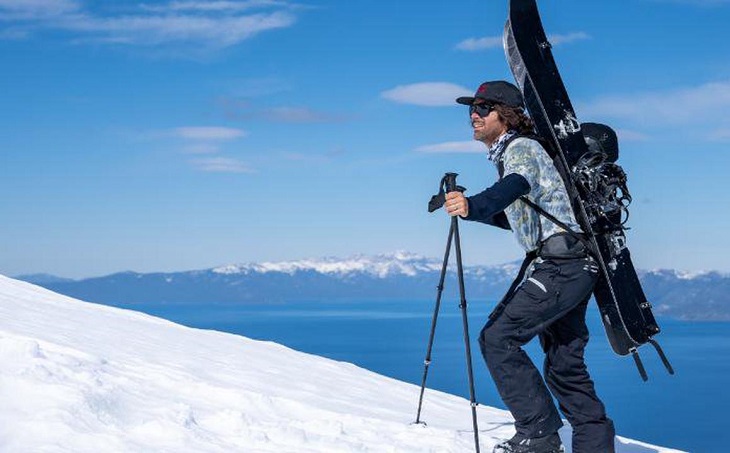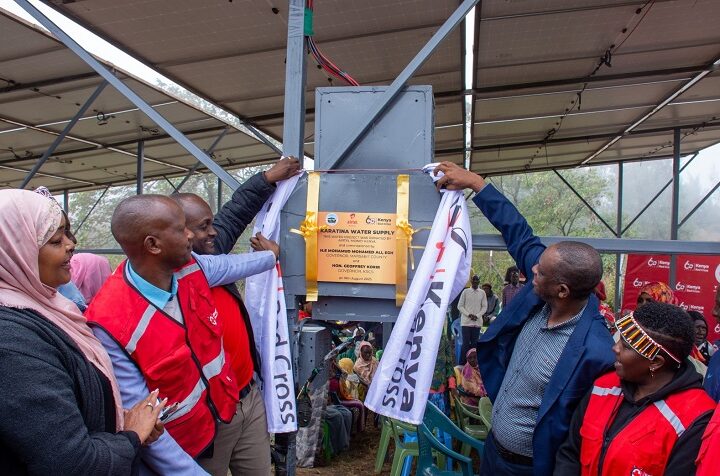A prominent big-mountain freerider and snowboarding movie star, Jeremy Jones has devoted his life to winter sports. But over his 30-year career, he’s noticed that the season was getting shorter.
Climate change has led to winters starting later and ending earlier, and extreme weather has become increasingly common. Research predicts that by 2050 the ski season will be cut in half in the US.
The problem is not just seen in the US. Beijing 2022 will be the first Winter Olympics to rely almost entirely on fake snow. And it’s unlikely to be the last, as the climate crisis is shrinking winters.
If global greenhouse gas emissions remain on the current trajectory, by the end of the century, only one of 21 previous Winter Olympics locations will have enough snow and ice to reliably host the Games, according to a recent study by the University of Waterloo, in Canada.
In 2007, Jones founded Protect Our Winters (POW), an organization that brings together the outdoor sports community as a unified voice on climate change. The charity lobbies governments around the world for stronger climate policies and today has a network of more than 130,000 supporters.
Jones tells CNN, “The winter sports community has given me a voice. I feel like it is my responsibility to use my voice and say we need to come together to help the long-term health of our community.”
To reduce his own climate impact, Jones has given up helicopter trips to the top of mountain ranges in favor of his own two feet. He explains the other personal reductions he has made, “I’m well aware of my carbon footprint. I’m trying to reduce it every year. But some of the bigger things would be changing my diet to a plant-based diet. Most recently solar panels on my house. Really reducing the amount of air travel that I do. But to get the CO2 reduction we need, we need large-scale systemic change.”
Anne Nolin is a snow hydrologist from the University of Nevada and a member of Protect Our Winter’s science alliance. She explains that less snow drives further global warming, “In the last few decades, snowpacks have been melting earlier and earlier so we have a drier dry season.” This can lead to severe wildfires. These forest fires exacerbate the situation, she says, destroying the tree canopy that usually shades the snow, meaning it melts earlier.
The environmental impact of less snow is also significant. It can harm plants and animals that rely on snow for insulation from sub-freezing temperatures and it puts water supplies at risk. California, for example, relies on snowmelt from the Sierra Nevada mountain for 75% of its agricultural water, according to the US National Oceanic and Atmospheric Administration.
Despite what Nolin describes as “this big vicious cycle,” she has hope for the future, “There’s always cause for hope. Nature is resilient and things grow back.”
Jones says that he hopes to see policymakers pursue solutions, such as renewable energy, that will drive down emissions and limit climate change, “The work I’m doing is for future generations so that I can hopefully look at my kids and grandkids and say, you know what? I had this opportunity and I did everything I could with it to get us on the right path — so not only can you slide on snow, but you have a healthy planet.”













